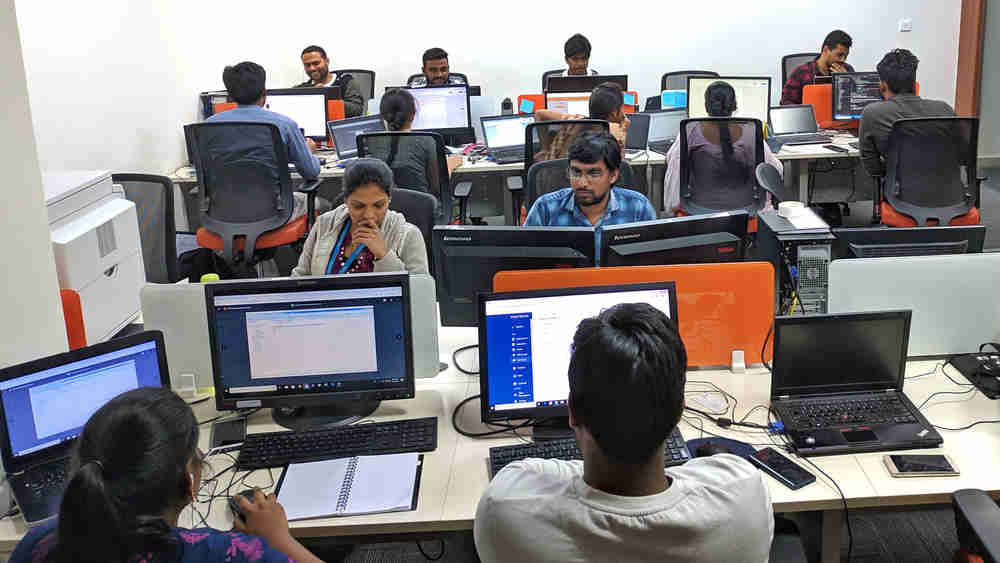Governments standing up for citizens’ rights is always welcome — even if it is for the right to sit. Tamil Nadu has become the second Indian state after Kerala to table a bill that makes it mandatory for business establishments to provide seating arrangements for employees who have to stand for long hours. This is a step forward, especially for those working in textile and jewellery showrooms or in the retail sector. Standing through the work day to attend to customers, often with no toilet or breaks for refreshment — a practice encouraged in service and hospitality — can lead to fatigue and other health problems. What this practice exposes is the insensitive work culture that massive numbers of workers in India’s informal sector are forced to comply with. Women, as always, are the worst sufferers. The denial of basic facilities — clean toilets, care time for infants, or separate changing rooms — discourage their participation in the labour force.
But the problem runs deeper. The State and other stakeholders are often complicit in legitimizing exploitative practices. Large retail groups have been known to recruit girls and women from poor, rural backgrounds in Tamil Nadu on dubious contracts. Moreover, migrant workers remain undocumented: the newly launched e-Shram portal for online registration is still in its nascent stage. This makes it difficult to monitor whether they are being deprived of timely payment as well as of other benefits, such as health insurance and social security. Trafficking and sexual exploitation of female and child labourers mushroom on account of the absence of transparency. The lack of a robust regulatory mechanism is not constrained to India. The frequent accidents in garment factories in Bangladesh or the sweatshops in China bear testimony to this blind spot. A study found that 85 per cent of women and girls from marginalized communities employed in the home-based garment industry in India worked exclusively in supply chains for clothing shipped to the United States of America or the European Union. The government must push such corporations, profiteering off cheap labour in third-world countries, to adopt safety measures and provide better working conditions. But for this to happen, the first step would be to bring the informal sector and non-traditional businesses — suppliers to the booming e-commerce industry, for instance — into the formal fold. Guaranteeing employees’ rights would be futile without effective oversight.










